
Social Media & Pediatric Mental Health
- December 17, 2025
- The REACH Institute
- Assessment & screening, Child mental health, High-risk children & youth, Parents, Patient communication, Pediatric primary care
Insights from Dr. Jasmine Reese ahead of an upcoming episode of REACHing Solutions, a new podcast series from The REACH Institute Social media is woven into nearly every part of young people’s lives. Recent data shows that about 93% of U.S. teens (ages 13–17) use at least one social media app. For many kids and…

Bullying and Pediatric Mental Health: What Primary Care Providers Should Know
- November 25, 2025
- The REACH Institute
- Assessment & screening, Child mental health, High-risk children & youth, Parents, Patient communication, Pediatric primary care
“Kids seldom come into your office and say, ‘I want to talk about bullying,’” explains REACH faculty member Ron Marino, DO/MPH. “Often, as clinicians, the only indication we have that a child is being bullied are changes in their behavior or new mental health symptoms. It’s our job to notice these changes and take appropriate…

Adult ADHD: A Family Affair
- October 23, 2025
- The REACH Institute
- ADHD, Assessment & screening, Parents
“Most primary care providers aren’t new to seeing adults with ADHD,” explains Kathleen McCoy, DNSc, who specializes in family psychiatric mental health and integrative care. “What’s changing is our understanding of the condition and how to help adults manage it well, often while also supporting their children with ADHD.” More than half of the estimated…

Culturally Responsive Parent Empowerment and Children’s Mental Health
- July 23, 2025
- The REACH Institute
- Child mental health, Culturally responsive, High-risk children & youth, Parents, Pediatric primary care
“Parents want to feel like they’re part of the solution for their child’s mental health needs. As pediatric primary care providers, we can help make that possible by being thoughtful in how we navigate cultural differences,” explains Noor Jihan Abdul-Haqq, MD, a REACH faculty member and pediatrician with her own practice in Oklahoma City, OK.…

How Social Media is Impacting Teens
- May 10, 2025
- The REACH Institute
- Anxiety, Child mental health, Depression, High-risk children & youth, Parents, Patient communication
The most important question that we can ask teens isn’t if they use social media, it’s how. Just last May, the Surgeon General’s advisory on social media use in youth exposed some shocking statistics: Among 13 to 17-year-olds, up to 95% use social media, with 35% saying they use social media “almost constantly.”

How Clinicians Can Partner with Schools to Support Pediatric Patients
- January 30, 2025
- The REACH Institute
- Child mental health, Parents, Patient communication, Pediatric primary care
“Clinicians who are aware of and know how to direct parents to obtain services for children within the school system can make an enormous difference for patients and families,” explains Dr. Mark Wolraich, MD, a REACH faculty member and retired professor of pediatrics at the University of Oklahoma Health Sciences Center. The challenge for clinicians…

Navigating Parent Concerns About Children’s Medications
- July 22, 2024
- The REACH Institute
- Medication, Parents
“Many parents’ biggest concern about starting their children on medication is committing to an intervention they won’t be able to stop in the future,” explains child and adolescent psychiatrist Laurence Greenhill, MD. Research shows that parental beliefs and concerns are a top contributing factor to whether children and adolescents receive proper treatment for mental health…
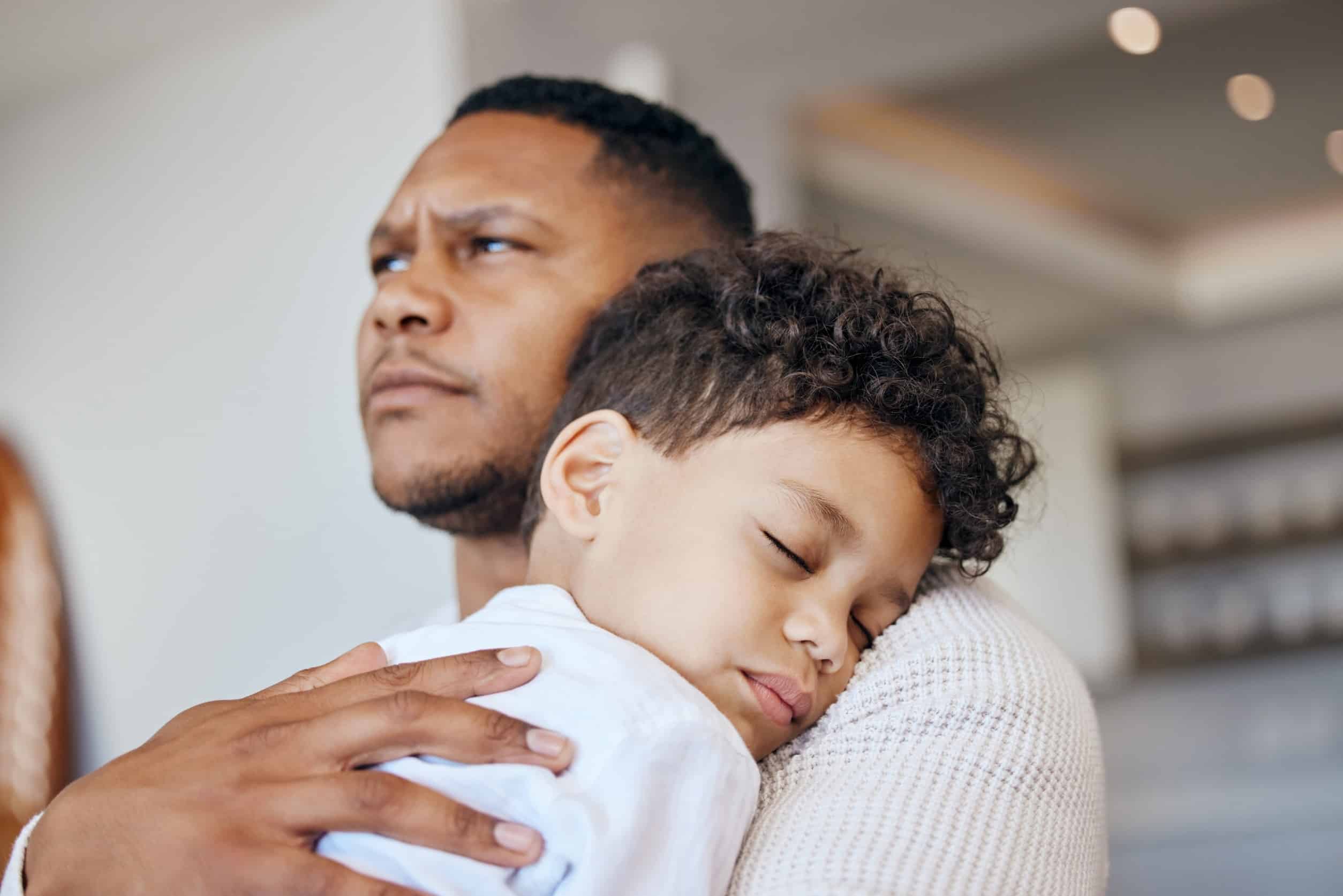
When parents’ mental health affects children
- January 23, 2024
- The REACH Institute
- Parents, Patient communication, Pediatric primary care
“When we’re thinking about children’s mental health, we’re also thinking about the health of the family unit,” explains Alyx Holden, MD. “In order for children’s neurobiology to develop, they need the support and context of healthy caregivers.”
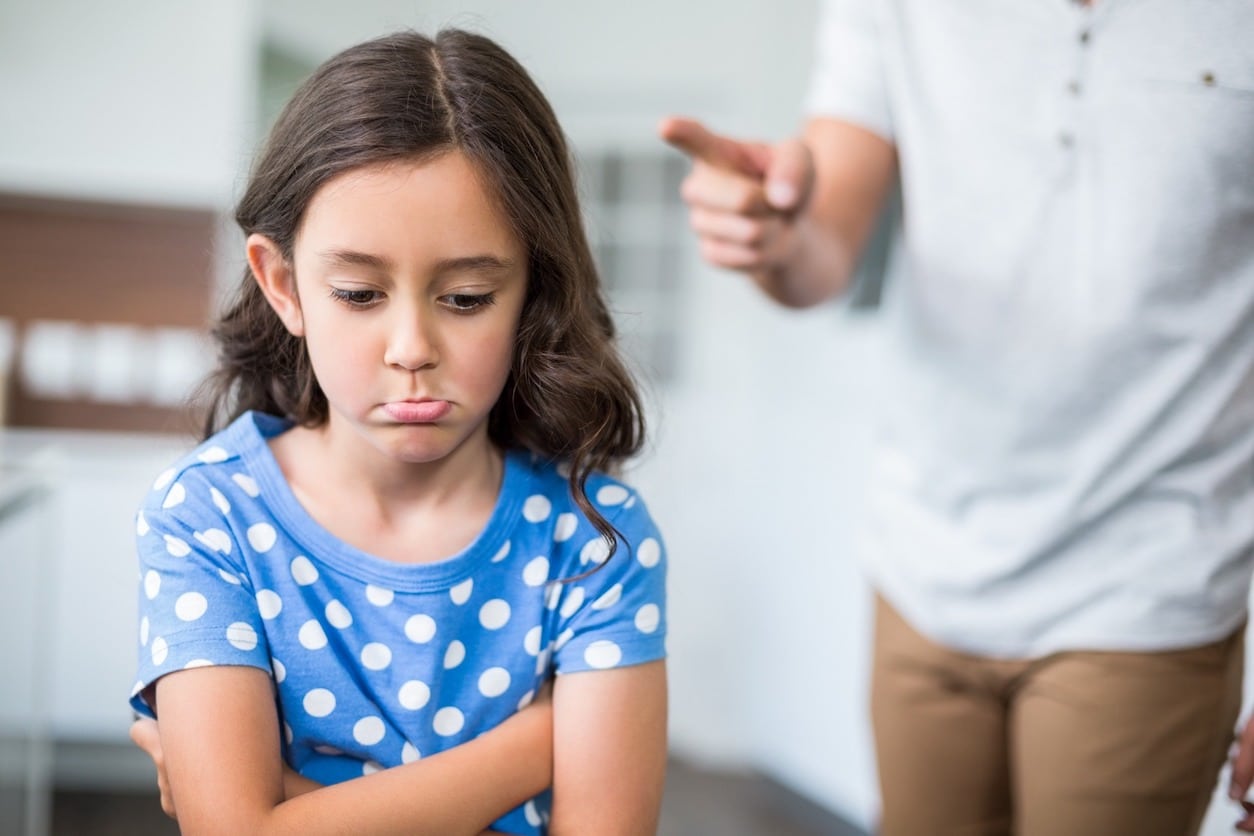
Managing challenging behaviors in children
- December 14, 2023
- The REACH Institute
- Assessment & screening, Parents, Patient communication
“There is a lot of research on programs to help parents manage their children’s behavior. It is not complex for clinicians to learn key evidence-based principles and share them with parents, even in brief office visits,” explains Elena Man, MD, a board-certified pediatrician and faculty member at The REACH Institute. We asked Dr. Man to…

Navigating the ADHD stimulant medication shortage
- October 31, 2023
- The REACH Institute
- ADHD, Child mental health, Parents, Patient communication
“The ADHD stimulant medication shortage is affecting patients, families, pharmacists, and clinicians,” explains Andrew Adesman, MD, a developmental pediatrician specializing in ADHD.

Sleep Smart: Back-to-School Edition
- August 25, 2023
- The REACH Institute
- Child mental health, Parents, Patient communication, Pediatric primary care
REACH faculty, Dr Kowatch, emphasizes that it’s essential for caregivers to recognize the challenges that can arise when transitioning from summer to a more structured school routine. “Parents have got to anticipate there may be an adjustment period for the first week or two.”

Supporting mental health needs in rural areas
- April 20, 2023
- The REACH Institute
- ADHD, Anxiety, Child mental health, Depression, Eating disorders, High-risk children & youth, LGBTQIA, Parents, Patient communication, Pediatric primary care
Rural healthcare providers can be overwhelmed—and understaffed with specialists. Discover how REACH inspired Elizabeth Wallis, M.D., to build a community to support her patients.

ADHD medication “holidays”?
- June 13, 2022
- The REACH Institute
- ADHD, Medication Parents,
As summer rolls around, families may ask whether their children can have a “holiday” from their psychoactive medication, especially for attention-deficit hyperactivity disorder (ADHD). We asked Lawrence Amsel, MD, MPH, a REACH faculty member and associate professor of psychiatry at Columbia University, to lay out the pros and cons.
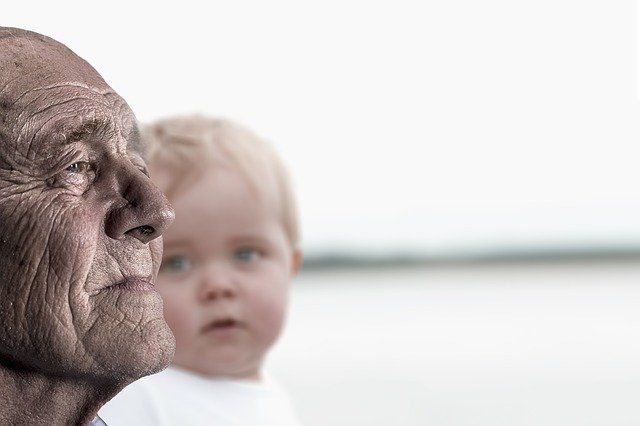
Helping families deal with holiday stress
- November 17, 2021
- The REACH Institute
- Anxiety, Depression Parents,
“In some ways the holidays this year will be harder than last year for many people,” said Deborah Buccino, MD, pediatrician and REACH board member. “Earlier, we had pretty clear-cut rules about what you could and could not do safely. This year, we have a lot more gray areas.”
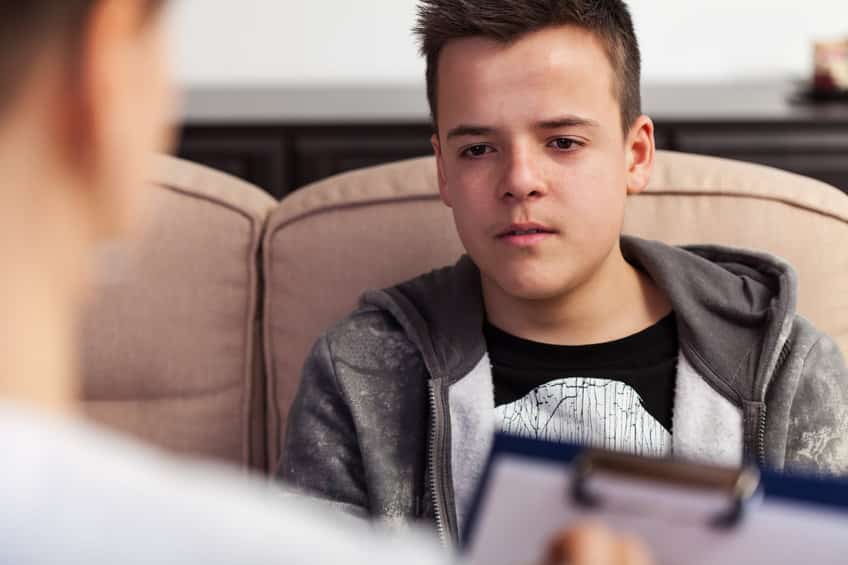
8 Tips for Working with Mental Health Therapists
- October 20, 2021
- The REACH Institute
- Child mental health, Parents, Patient communication Pediatric primary care,
Many patients who have mental health conditions need talk therapy in addition to the treatment you provide as the pediatric primary care provider (PCP). If you practice in an area where therapists are available, we hope you have developed referral relationships, as you learned in your REACH training. You may also see patients who are already working with a therapist.
In either case, the communication between you and the therapist makes a huge difference in the quality of care the two of you provide.
To learn how PCPs and therapists can collaborate to improve the mental health of children and adolescents, we talked with clinical psychologist Kevin Stark, PhD, a founder of The REACH Institute’s CATIE program, and pediatrician Hilary Bowers, MD, director of behavioral and mental health services at Children’s Primary Care Medical Group, a large pediatric practice in San Diego and Riverside counties in California.

Getting through to difficult patients and families
- September 8, 2021
- The REACH Institute
- Parents Patient communication,
It’s 10:30 Monday morning, and you’re 45 minutes behind. Earlier, you had to confront a receptionist about coming in late again. You have to get out today by 4:30 so you can get to your daughter’s softball game. Beating under all this stress is worry about your mom, who has been diagnosed with stage 2B breast cancer.

Helping patients through divorce
- February 22, 2021
- The REACH Institute
- Child mental health Parents,
“Parents who are going through a divorce really want to believe their children are OK,” said Lisa Blum, PsyD, a licensed clinical therapist on the faculty of The REACH Institute’s CATIE program. “They’re terrified that they’re hurting their kids. So if Sally is doing her homework and Johnny isn’t acting out, the parents think, ‘Whew, good, they’re fine!’ But often they’re not fine.” Though divorce rates in the US have been declining for years – including, according to early reports, during 2020 – the rates are still high. Each divorce or separation brings loss, disruption, and pain to any children involved.

10 ways to help families through the holidays
- November 17, 2020
- The REACH Institute
- Child mental health Parents,
If you’re like most pediatric primary care providers (PCPs), you’ve seen an increase in child mental health issues due to COVID. Research shows that the pandemic, with its consequent disruption and isolation, has increased adolescents’ risk of trauma, depression, and anxiety. Families are dealing with grief, the anxiety of whatever “school” means this week or this month, and, in many cases, loss of income. Families of color and low-income families have been hardest hit by the pandemic itself, by the economic and social fallout, and by the attendant impairment of mental health. And now come the holidays.

Working with challenging families
- October 13, 2020
- The REACH Institute
- Parents, Patient communication Pediatric primary care,
You’re in the consultation room with Anita, who first brought her 15-year-old son Vic to you two weeks ago. Vic has been suspended from school several times for increasingly dangerous behavior. Anita uses a wheelchair because she has multiple sclerosis. Today she is distraught. Last night, she forbade Vic to leave the house, but he went anyway. He didn’t come home last night or go to school this morning. Anita has called everyone she can think of, but no one knows where he is. The police won’t help until he has been missing at least 24 hours. Anita has come to you as a last resort. When you saw Vic, you were troubled by his history of uncontrolled behavior and his uncooperative stance. You were hoping to get him to open up in a follow-up visit. But now Anita is here alone, frantic because she doesn’t know where Vic is. What do you do?

Building family resilience
- July 23, 2020
- The REACH Institute
- Parents, Pediatric primary care Trauma,
“Families provide a kind of protective membrane for children when crazy things are happening around them,” said William Saltzman, PhD. Dr. Saltzman is a faculty member of the REACH program Child/Adolescent Training in Evidence-Based Psychotherapies. “Families really have been on the front line throughout the pandemic,” Dr. Saltzman said. “It’s been a rollercoaster ride from the beginning, with abrupt school shutdowns; the exhaustion of becoming the 24/7 caregiver, teacher, playmate, and breadwinner; and now having to figure out largely on their own how to navigate the upcoming school year.”
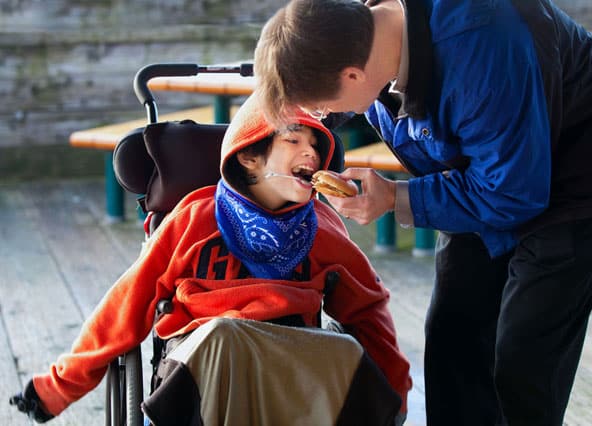
Helping patients & families cope with chronic disease
- January 27, 2020
- The REACH Institute
- Child mental health Parents,
In treating young patients who have chronic physical conditions, health care professionals focus — as they must — on alleviating the physical suffering caused by the disease. However, as a graduate of the REACH course Patient-Centered Mental Health in Pediatric Primary Care, you know the importance of supporting the mental and emotional health of young patients and their caregivers. A new article in Pediatrics highlights the importance of mental health care for families dealing with chronic illness.

Helping patients manage the transition to college
- July 24, 2019
- The REACH Institute
- Child mental health, College transition, Medication Parents,
“Going to college is exciting, but students need to know that this experience, though positive, may also be stressful,” said REACH faculty member Elena Man, MD. Dr. Man recommends resources and strategies that pediatric primary care clinicians can use to prepare patients for this significant transition to a new environment for learning, living, and friendships.

What if the child’s caregiver has mental health issues too?
- May 13, 2019
- The REACH Institute
- Parents Pediatric primary care,
“Mental health flows in both directions, not just downhill from parent to child,” said Peter S. Jensen, MD, founder and board chair of The REACH Institute. The effects on children when caregivers suffer from mental health problems are well documented (see Resources below). Another pattern is that parents and children can share an inherited tendency toward the same disorder. Furthermore, a child’s struggles can trigger disorders such as depression or anxiety in a caregiver. “Blaming parents for their children’s mental health issues is not only a tactical mistake,” said Dr. Jensen, “it’s also simply incorrect.” Pediatric practitioners have to tread carefully when they suspect that the caregiver of a child they are treating has mental health issues.
Categories
- ADHD
- Anti-racism
- Anxiety
- Assessment & screening
- Autism
- Child mental health
- Coding
- Cognitive behavioral therapy
- College transition
- Culturally responsive
- Depression
- Eating disorders
- Foster care
- Grief
- High-risk children & youth
- LGBTQIA
- Medication
- Parents
- Patient communication
- Pediatric primary care
- School refusal
- Sleep disorders
- Suicide
- Trauma
- Show All Categories
Register for courses
“Every pediatric and family practice resident should be required to take this course! I will take away a renewed appreciation for assessment tools, a new comfort with treatment plans, and an excitement for future partnerships”
